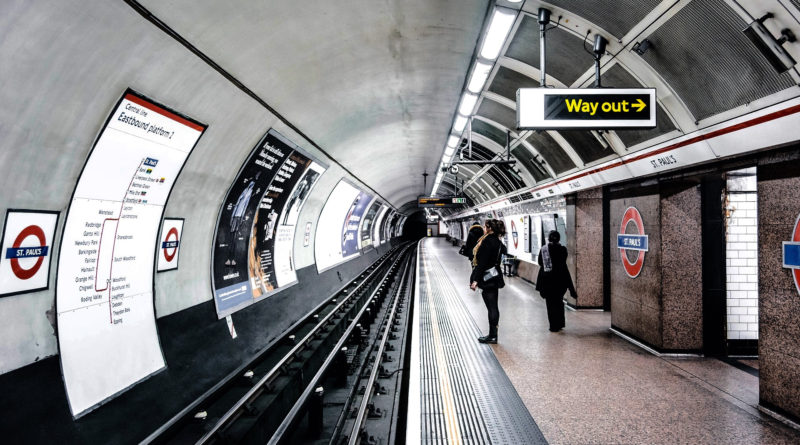Ring-fence deal on citizens’ rights, say UK lawmakers
A deal on rights of EU nationals living in the UK and British in the rest of the EU should be ‘ring-fenced’, said the parliamentary committee on Exiting the European Union. The call came amid concerns that the issue is falling off the Brexit agenda.
The House of Commons committee published a report on the state of Brexit negotiations in preparation for the European Council of 14-15 December. At that meeting, the EU27 will consider whether ‘sufficient progress’ has been made to settle the UK departure from the EU and allow talks to move to phase two, on the future relationship.
“Brexit will have a very real impact on millions of citizens living in the UK and across the EU. Any agreement reached on their rights should be ring-fenced and preserved in the event of failing to reach an overall agreement,” warned UK lawmakers. Committee members regret that a deal on this matter has not been reached yet.
We remain unpersuaded that there is any need to link agreement on citizens’ rights to issues concerning Ireland and finance. Both sides should announce when they reach agreement on this that, come what may, the agreement on people is in perpetuity, so that 4.5 million citizens can plan their lives ahead.
The committee acknowledged that attaining ‘sufficient progress’ in December does not mean reaching a final agreement on citizens’ rights and that negotiations on this topic will continue alongside trade, with the risk of getting no final deal by the deadline of March 2019 (Brexit date).
Disagreement persists in areas such as rights to bring family members to the UK, export of a range of benefits, free movement in the EU27 and voting rights in local elections for British resident in EU countries, as well as recognition of professional qualifications.
Guy Verhoefstadt, chair of the European parliament steering group on Brexit, also said in a letter to the European Commission that “considerable problems remain.”
My letter to @MichelBarnier. The @Europarl_EN expects more on citizens’ rights and much more on the Irish border question. pic.twitter.com/VbHmyAaO2g
— Guy Verhofstadt (@guyverhofstadt) November 29, 2017
Campaigners worry that, past the first phase of Brexit talks, citizens’ rights will be diluted with trade and economic arrangements.
“There is currently no public debate about European rights in the run-up to the European Council meeting but only about the other two issues on which sufficient progress has to be made – the size of the divorce bill and the Irish border – before talks move on to the trade relationship,” said Tony Venables, director of the ECIT foundation on European citizenship.
“As in any EU negotiation, so too with Brexit, there is the danger that economic and trade interests take precedence over those of citizens. This is the result of the imbalance between corporate lobbying and lobbying in the public interest and EU legal competence skewed in favour of large economic operators. Only more mobilisation of the 3 million EU citizens in the UK and 1.3 million UK citizens in the EU can, with the support of the European Parliament, correct this imbalance.”
Representatives of the3million and British in Europe, two groups working on these issues, complained in a letter to the Financial Times that “citizens’ rights — the third pillar of the Brexit divorce settlement — have fallen off the political and media radar.”
Our joint letter with @The3Million has been published by the FT – ‘Horse-trading on citizens’ rights continues’ read it here https://t.co/ZqnSrjgezI and please RT widely pic.twitter.com/auqksnQOsu
— British in Europe (@BritishInEurope) December 1, 2017
On the other pillar, the settlement of accounts with the EU, it has been reported the British government is prepared to pay its dues. Questions remain however on the third item, the Northern Irish border and the preservation of the peace agreement.
The UK parliamentary committee “does not see how it will be possible to reconcile there being no border between Northern Ireland and the Republic of Ireland with the government’s policy of leaving the single market and the customs union.” UK lawmakers also called on the government to make specific proposals on the future relationship with the EU.
Claudia Delpero © all rights reserved.
Photo courtesy Pixabay.




